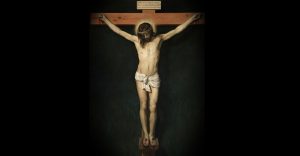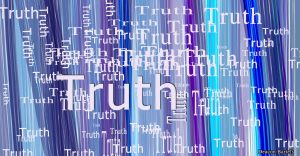Everyone searches. Not everyone knows why; not everyone understands what to look for; not everyone recognizes who they seek. Some are on a spiritual quest for the divine and they know it; others do not. Some fail to discern who alone is capable of satiating their thirst and thus wrongly seek to quench it with creatures, poisons and pain. Still others are indifferent to the search itself; so long as they feel satisfied along the way, they remain blindly convinced of progress. Nevertheless, everyone searches.
What is Truth?
The Catholic Church: Not an Endeavor of Human Origin
The plan of God cannot be undone. The words of Gamaliel in reference to the apostles, their successors and their mission in the Church, continue to echo throughout the centuries: “For if this endeavor or this activity is of human origin, it will destroy itself. But if it comes from God, you will not be able to destroy them; you may even find yourselves fighting against God” (Acts 5:38-39). The continuity and permanency of the Church cannot be explained in any other way but by her origin in her divine and human founder: Jesus Christ.
Jesus Claims His Divinity: I Am the Resurrection and The Life
In the gospel this Fifth Sunday of Lent (Jn 11:1-45), we hear about Jesus raising his friend Lazarus from the dead. On seeing Lazarus, Jesus as true man wept for him and, as eternal God, raised him from the tomb (see Fifth Sunday of Lent Preface).
Do Not Bury the Truth, Embrace It, Live It, Let it Transform You
There is something irresistible about the truth. You might try to bury it; that will not, however, bring satisfaction and serenity but only an irritating and persistent urge to seek it all the more. Although it is often mistakenly thought that an end can be brought to this desire by acquiring material objects, the heart cannot long be fooled, the depth of Eternal Beauty continues to draw you.
The 21st Century War Against Moral Discernment
The new pagans of this age labor to guard their false philosophies by annihilating judgment. Even Christians can be swayed by their influence. The Bible, however, does not prohibit objective moral judgment of others, but rather encourages it. Jesus Christ himself urges brotherly and fraternal correction (see Mt 18:15).




